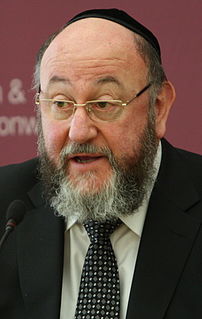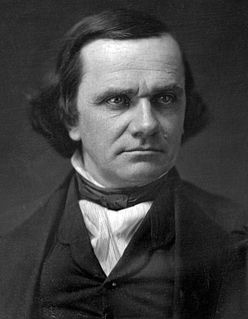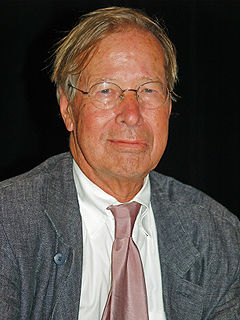A Quote by Ephraim Mirvis
Free speech may be a right, but only by using it as a force for good in the world do we make it a virtue.
Related Quotes
I deny the right of Congress to force a slaveholding State upon an unwilling people. I deny their right to force a free State upon an unwilling people. I deny their right to force a good thing upon a people who are unwilling to receive it. The great principle is the right of every community to judge and decide for itself, whether a thing is right or wrong, whether it would be good or evil for them to adopt it; and the right of free action, the right of free thought, the right of free judgment upon the question is dearer to every true American than any other under a free government.
I believe there is a limit beyond which free speech cannot go, but it's a limit that's very seldom mentioned. It's the point where free speech begins to collide with the right to privacy. I don't think there are any other conditions to free speech. I've got a right to say and believe anything I please, but I haven't got a right to press it on anybody else. .... Nobody's got a right to be a nuisance to his neighbors.
The most basic principle to being a free American is the notion that we as individuals are responsible for our own lives and decisions. We do not have the right to rob our neighbors to make up for our mistakes, neither does our neighbor have any right to tell us how to live, so long as we aren’t infringing on their rights. Freedom to make bad decisions is inherent in the freedom to make good ones. If we are only free to make good decisions, we are not really free.
The necessary consequence of man's right to life is his right to self-defense. In a civilized society, force may be used only in retaliation and only against those who initiate its use. All the reasons which make the initiation of physical force an evil, make the retaliatory use of physical force a moral imperative. If some "pacifist" society renounced the retaliatory use of force, it would be left helplessly at the mercy of the first thug who decided to be immoral. Such a society would achieve the opposite of its intention: instead of abolishing evil, it would encourage and reward it.
The libertarian approach is a very symmetrical one: the non-aggression principle does not rule out force, but only the initiation of force. In other words, you are permitted to use force only in response to some else's use of force. If they do not use force you may not use force yourself. There is a symmetry here: force for force, but no force if no force was used.






































